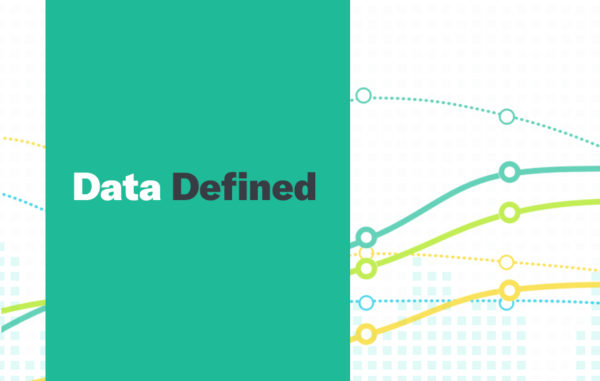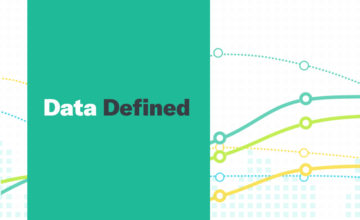Data Lake Defined
A data lake is a central location that collects raw data in its natural form until it is needed. Unlike a data warehouse, a data lake stores data in a flat architecture, not files and folders. Each element is assigned a unique identifier and metadata tags so that a user can query for that data and then analyze that data. This term has held different associations, but it is becoming a more common way to refer to a large set of data that is not defined until it is queried.
While a data lake and a data warehouse seem similar because they are both data repositories, the main difference between them is who they are most useful for. A data lake is not as useful for customer analytics because it is not comparable. Data scientists and data analysts are better suited to use a data lake because they can experiment to find insights that, if found in a data warehouse, may have made the data warehouse unusable for others. A data lake is considerably less expensive and more flexible than a data warehouse, but you have to have the right team to successfully use and pull from it.
In Data Defined, we help make the complex world of data more accessible by explaining some of the most complex aspects of the field.
Click Here for more Data Defined.


